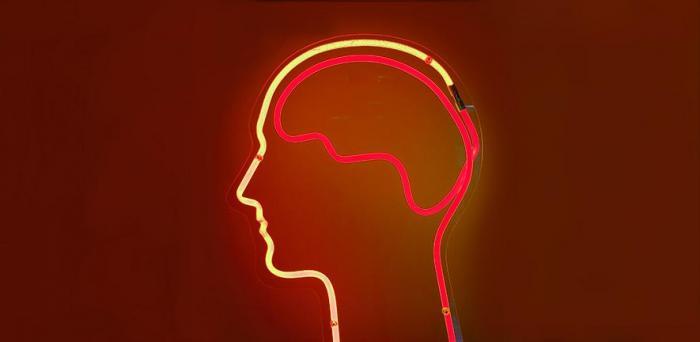In a study aimed at understanding the effect of therapeutic drugs on the brains of people living with Huntington’s disease, researchers used electroencephalography (EEG) to measure immediate changes in the animals’ brain waves once ketamine - an anaesthetic and pain relief drug - was administered. Low frequency activity dominated while the sheep were asleep. When the drug wore off and the sheep regained consciousness, the researchers were surprised to see the brain activity start switching between high and low frequency oscillations. The bursts of different frequency were irregular at first, but became regular within a few minutes.
“As the sheep came round from the ketamine, their brain activity was really unusual,” said Professor Jenny Morton at the University of Cambridge’s Department of Physiology, Development and Neuroscience, who led the research. “The timing of the unusual patterns of sheep brain activity corresponded to the time when human users report feeling their brain has disconnected from their body.”
She added: “It’s likely that the brain oscillations caused by the drug may prevent information from the outside world being processed normally.”
The findings arose as part of a larger research project into Huntington’s disease, a condition that stops the brain working properly. The team want to understand why human patients respond differently to various drugs if they carry the gene for this disease. Sheep were used because they are recognised as a suitable pre-clinical model of disorders of the human nervous system, including Huntington’s disease.
Image Credit: Neon brain by Dierk Schaefer on Flickr
Reproduced courtesy of the University of Cambridge
